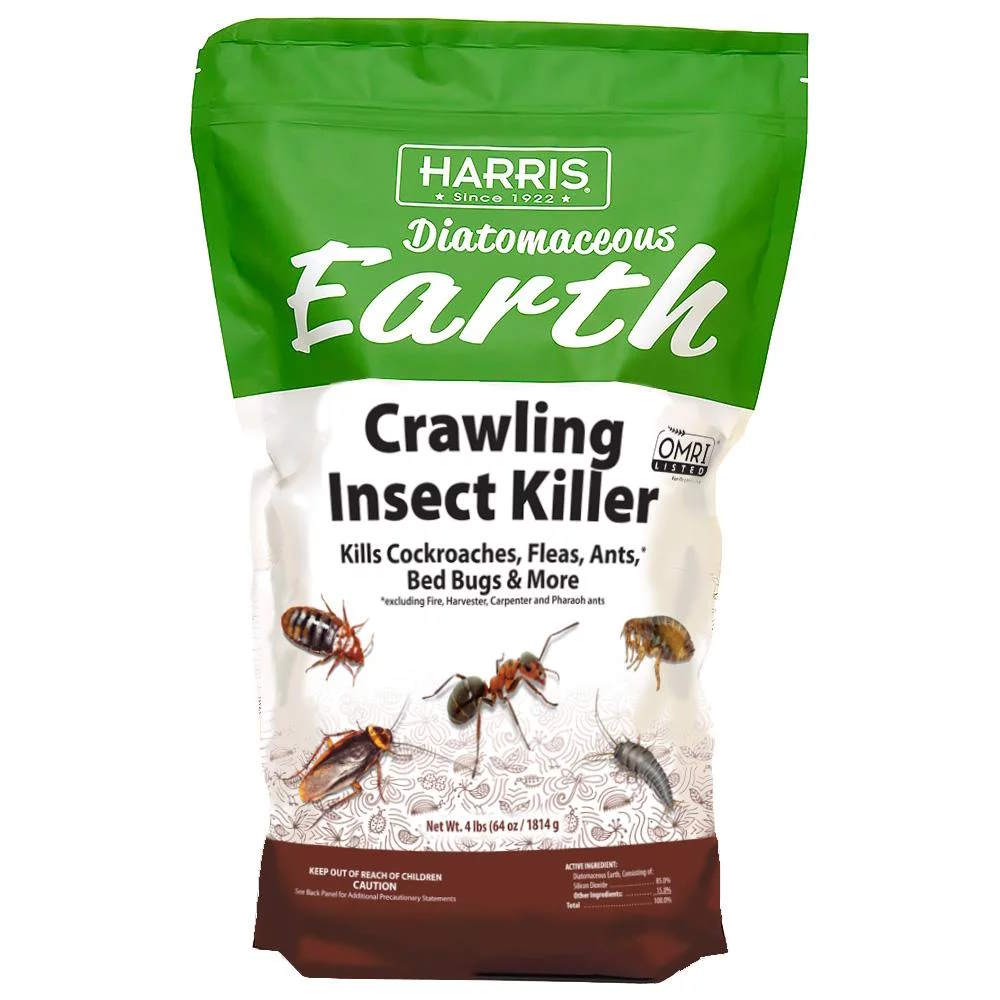How to get rid of ants on lawns – an expert hails the ‘safest effective natural solution’ to the problem
Natural approaches to combating ants are better for people and pets

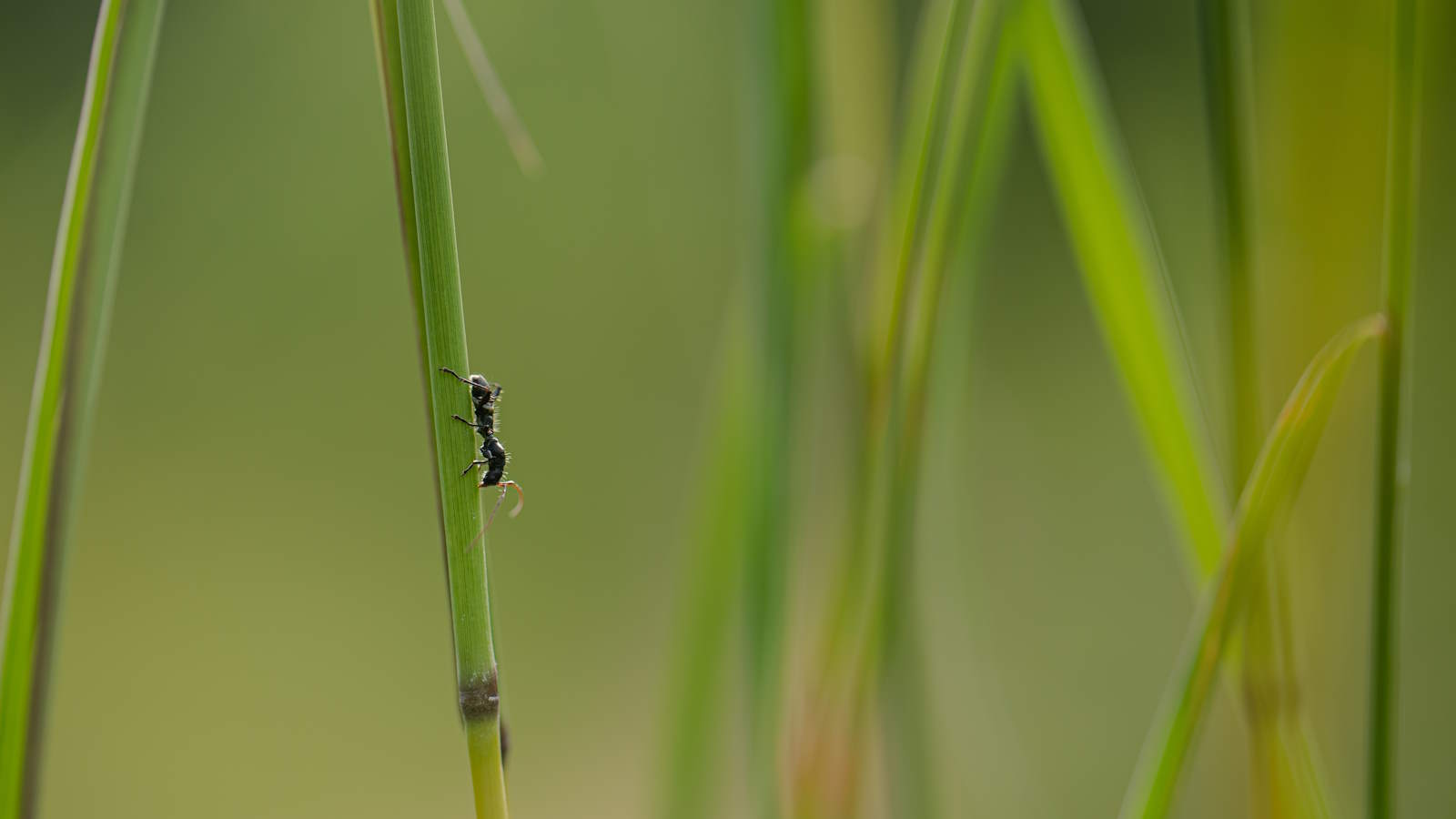
Ants may be individually small in scale, but a colony is capable of doing real damage to a lawn. While they can offer benefits in the garden, they are best dealt with quickly to avoid any escalating issues.
A natural approach to getting rid of ants on lawns should be seen as the safest way, as it won’t harm the grass, humans, or household pets. It is a much better approach than reaching for a bottle of chemicals and will help you get rid of ants in the garden without killing plants.
Luckily, there are some proven natural remedies to help solve your ant problems, while good lawn care and maintenance can also go a long way to avoiding any potential issues with ants ruining your lawn.
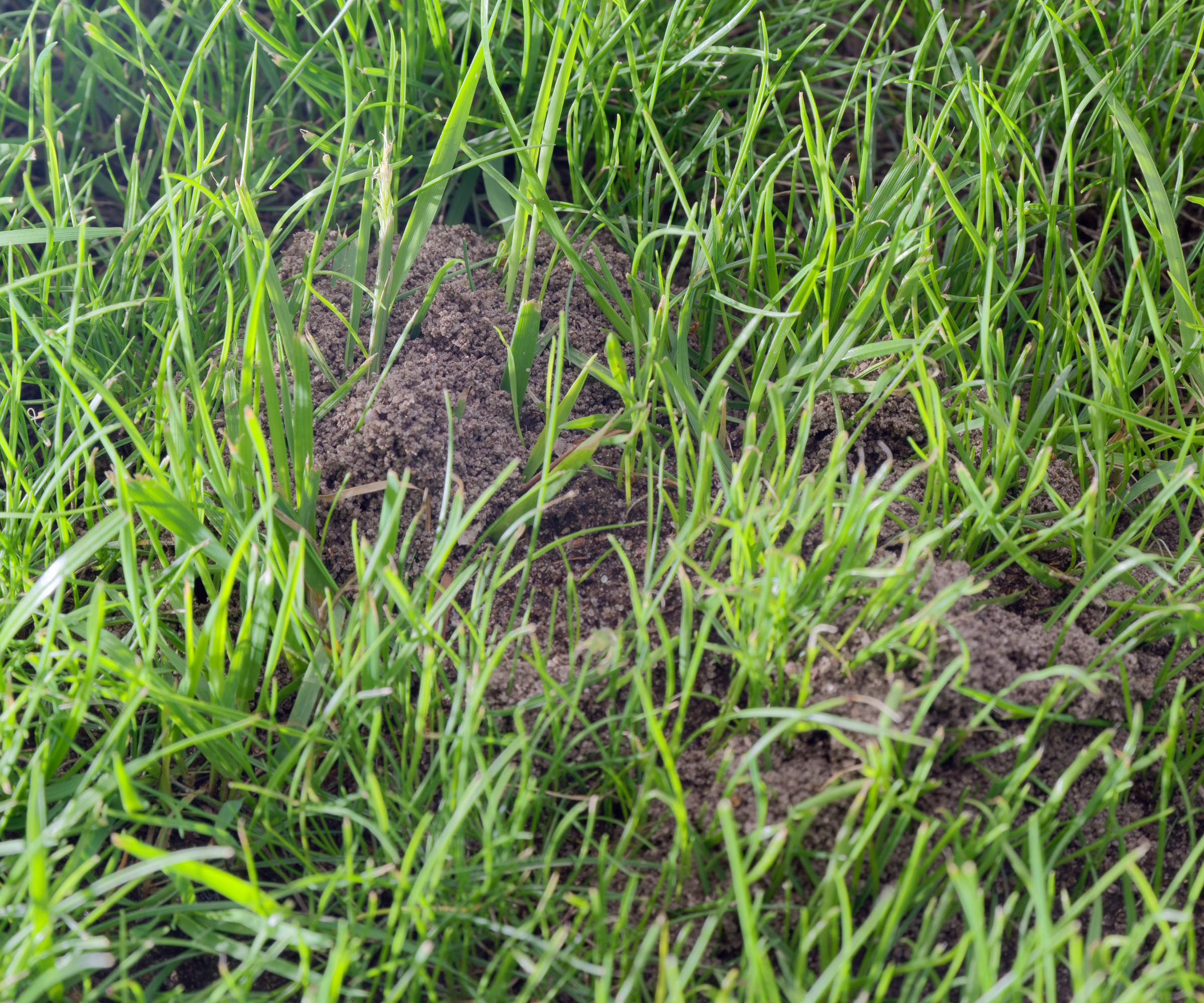
A colony of ants on lawns can cause an uneven surface
How to get rid of ants on a lawn
Ants can be unwanted visitors on a lawn, or in a home, and you will want to act quickly to get rid of ants - ideally without doing any harm to the backyard if you have invested a lot of time getting a green and thick lawn.
There may be multiple ways to actively kill ants nests in a lawn, but we are looking specifically at what experts recommend as proven natural solutions to this common problem.
Can ants ruin your lawn?
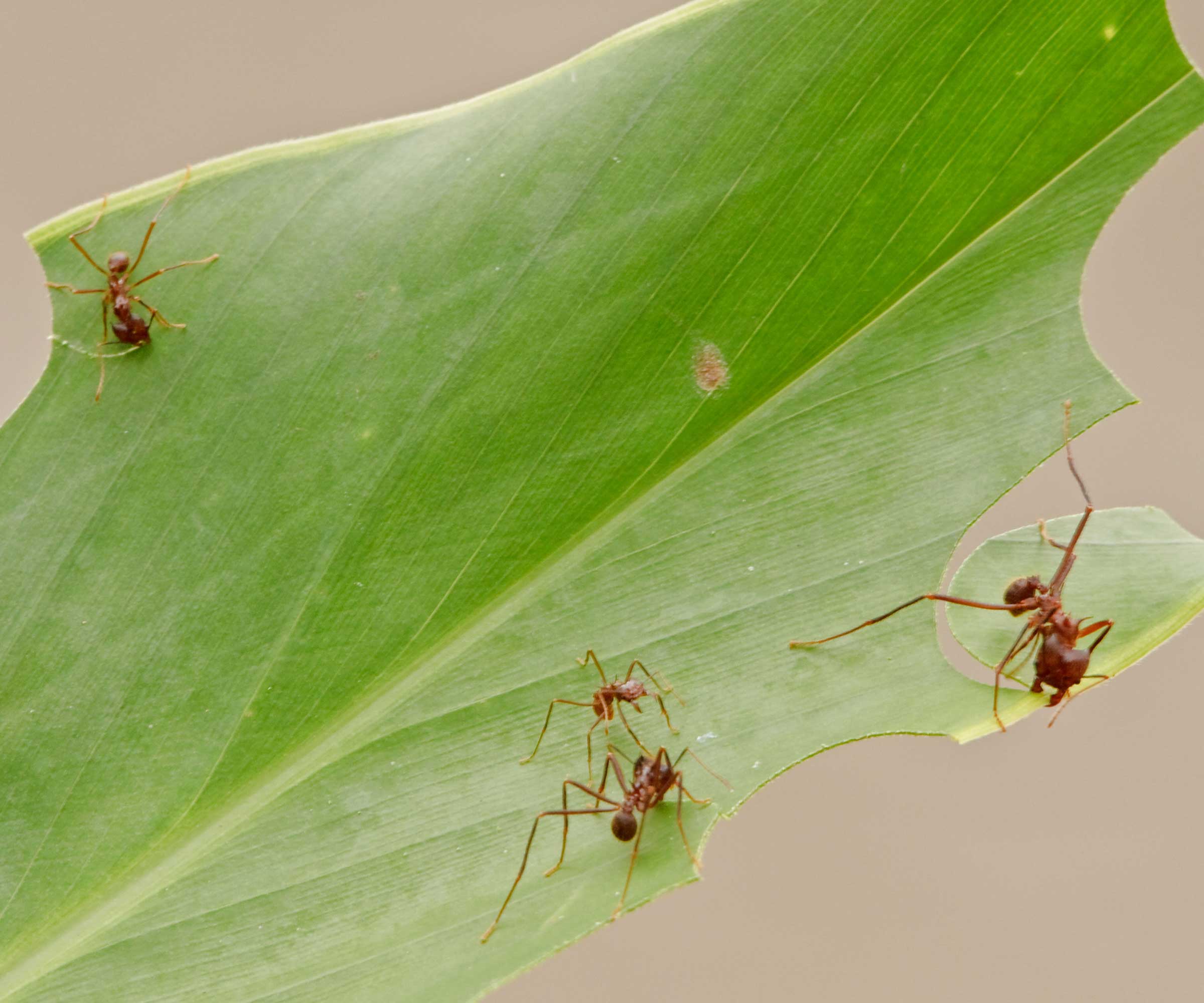
Ants can offer some benefits in the garden - including getting rid of other pests
Many people may wonder, are ants actually that bad for a garden? It can depend on the type of ant and also the quantity in which they are attracted to your lawn. Ants can be beneficial to the health of your soil and useful to get rid of aphids or mealybugs in your backyard. But, they can also be a nuisance that can both harm the health of a lawn and the homeowner.
‘An overabundance can lead to issues like unsightly mounds and potential damage to grass roots,' says Sarah Jameson, founder of Lawn Chick. 'Ants can disrupt the aesthetic and health of a lawn by creating mounds that smother grass and lead to uneven surfaces.
Design expertise in your inbox – from inspiring decorating ideas and beautiful celebrity homes to practical gardening advice and shopping round-ups.
‘Some species, like fire ants, can also pose a threat to people and pets with their painful stings. Additionally, large colonies can undermine root systems, affecting the lawn's overall health.’
While you are out mowing the lawn, or maintaining your flower beds and borders, keep your eyes peeled for signs of ant issues. Signs will include visible trails, patches of disturbed soil, and the undeniable presence of ant mounds and nests.

Sarah Jameson is the founder and owner of LawnChick.com, a trusted lawn care blog that educates millions of homeowners each year to help them achieve the greenest, healthiest lawn. Sarah’s blog is read by over 2 million homeowners each year and she is regularly cited as an expert source of lawn care knowledge by major publications.
How to get rid of ants on a lawn naturally
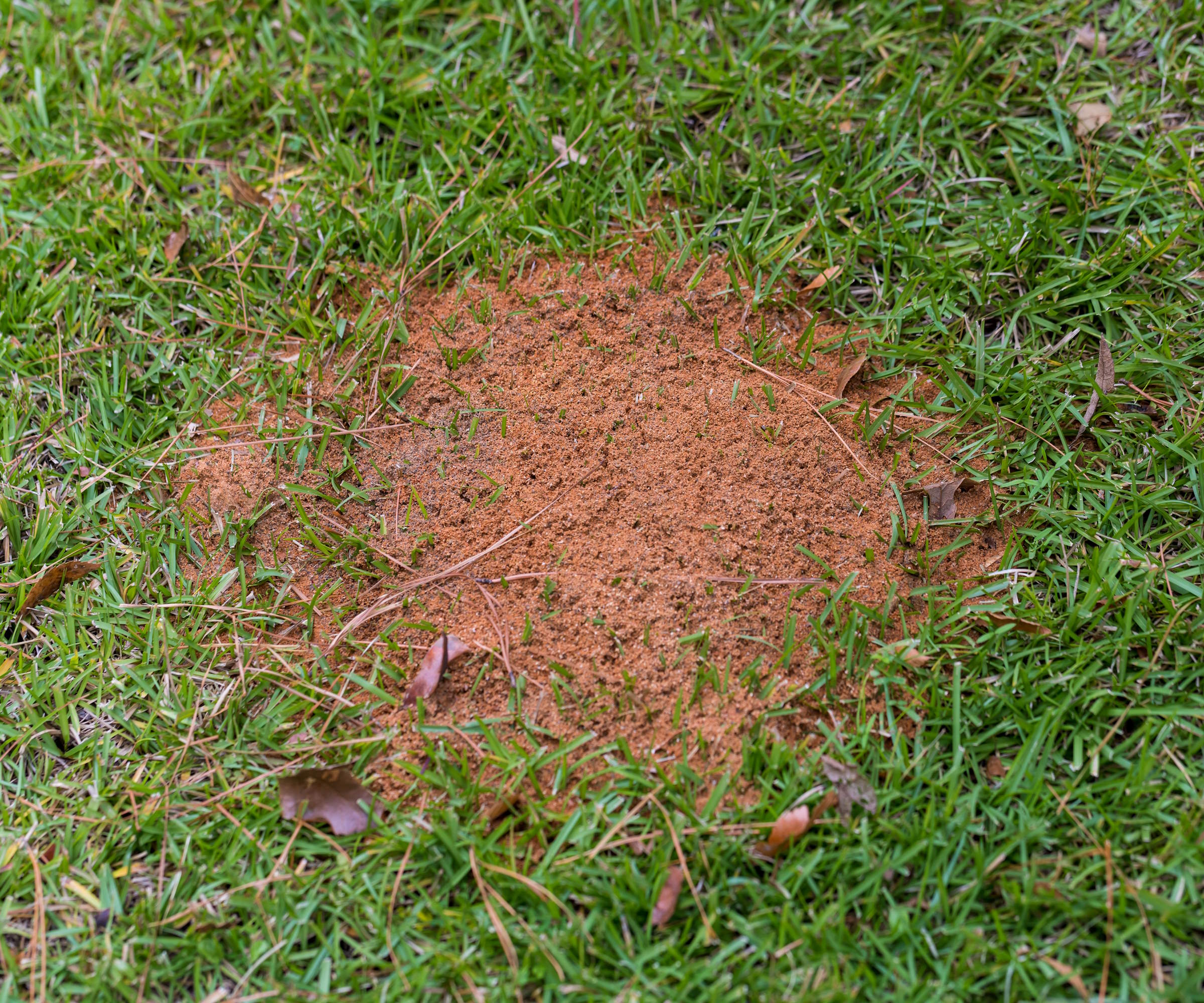
A colony of red ants on a lawn can trouble humans and pets
The good news is that potential problems with ants can be proactively addressed through regular lawn maintenance. A good regime of regular mowing, proper fertilization, and adequate watering of the grass not only contributes to a healthy lawn but also discourages ant infestation. Regularly aerating and scarifying or dethatching the lawn also disturbs the soil and helps to create a thick and healthy lawn.
When it comes to natural measures to get rid of ants on lawns, Sarah Jameson recommends diatomaceous earth as her 'top choice’.
She says: ‘It's a natural, food-grade powder which in my experience is harmless to people and pets, but it has microscopic sharp edges that can pierce and damage or destroy the exoskeleton of ants. I've found it to be an effective, natural solution that is really the safest option.’
Sarah adds: ‘Diatomaceous earth can target ants without harming your grass, and it's my go-to natural option as it's safe for the lawn and other garden plants. It's crucial to apply any treatment carefully and spot-treat the affected areas to minimize impact on the surrounding grass. Pay attention to the weather, as you may need to re-apply after rain.’
There are alternatives to diatomaceous earth for natural methods to get rid of ants. This includes spraying a homemade bug spray of soapy water, using biological nematodes, or encouraging natural predators to the garden.
Using companion planting or adding the likes of bird feeders, birdhouses, or bird baths, can attract birds to the backyard - many of which do eat ants.
FAQs
Can ants kill your lawn?
Ants can do damage to a lawn, disturb the soil, and build anthills that may be an eyesore when you strive for a pristine lawn. As long as you identify and take measures quickly before a massive infestation, they are unlikely to kill the lawn. The damage done by ants can result in patches in grass and areas of soil that can be inhabited by weeds. If you spot any bare patches then overseed them with fast growing grass seeds.
Why are ants taking over my lawn?
Ants can be attracted to a lawn for many reasons, including seeking food, shelter, and optimal nesting sites. They multiply very quickly and can reproduce many generations each year. A colony can be established in around six months and feature up to hundreds of thousands of ants.
There are many smells that ants hate, including aromatic herbs like thyme, rosemary, and lavender. It means that a backyard herb garden, or growing herbs indoors on a windowsill, can give you access to plants that can help to repel ants.

Drew has worked as a writer since 2008 and was also a professional gardener for many years. As a trained horticulturist, he worked in prestigious historic gardens, including Hanbury Hall and the world-famous Hidcote Manor Garden. He also spent time as a specialist kitchen gardener at Soho Farmhouse and Netherby Hall, where he grew vegetables, fruit, herbs, and cut flowers for restaurants. Drew has written for numerous print and online publications and is an allotment holder and garden blogger. He is shortlisted for the Digital Gardening Writer of the Year at the 2025 Garden Media Guild Awards.
